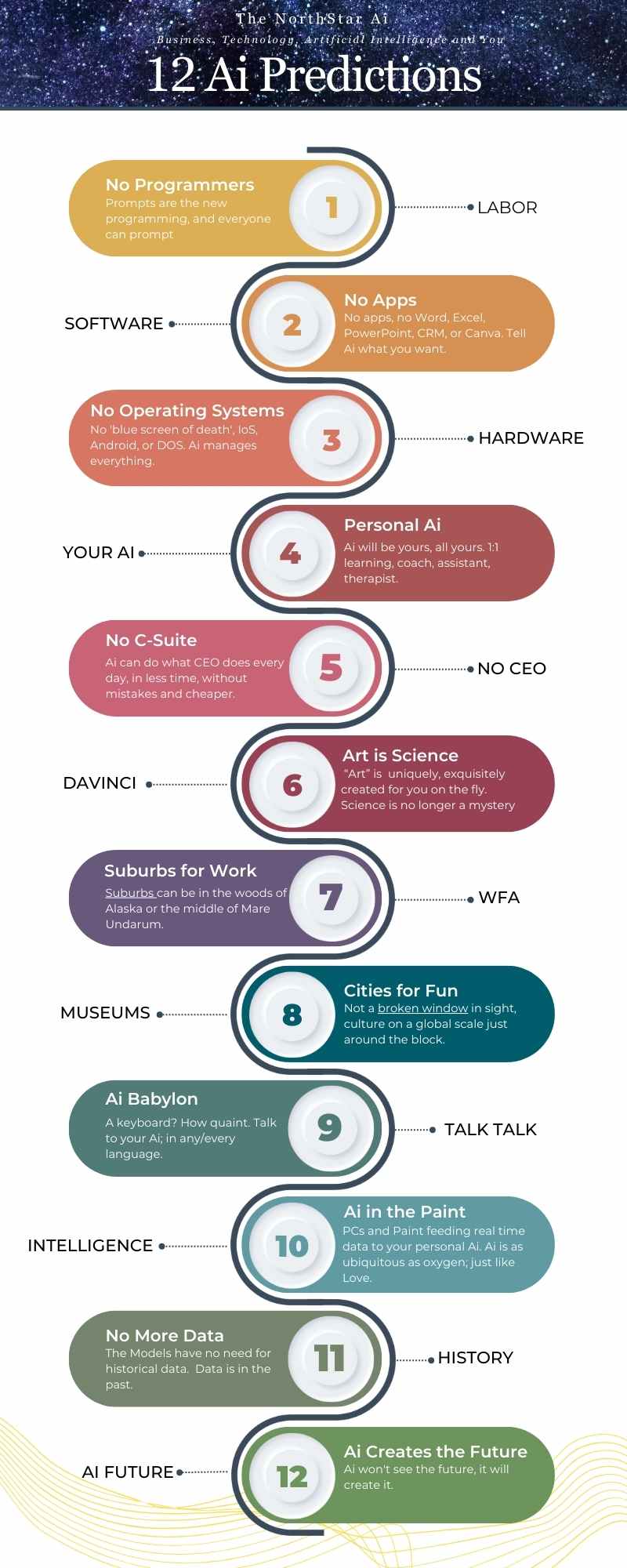|
An LLM, or large language model like me, can't invent a new language for human communication from scratch in the traditional sense. We process and generate text based on the data we've been trained on, which means any "new" language we create would be deeply rooted in existing languages and their structures. However, we can aid in creating languages or optimizing existing ones by analyzing vast amounts of linguistic data to find patterns, efficiencies, and perhaps even simplifications that humans might overlook.
The goal would be to enhance clarity, reduce complexity, or improve the efficiency of communication rather than inventing a completely new language system. As for the most efficient language in human history, it's a tough call because efficiency can be measured in many ways: simplicity, expressiveness, ease of learning, or even the ability to convey information quickly. Some might argue for constructed languages like Esperanto, designed for easy learning and international communication. Others might look at analytic languages like Mandarin Chinese, which relies on tone and context over conjugation and declension, thus making its grammatical structure relatively simpler. Then there's the perspective of information density, where languages like English or Japanese might be considered efficient for their ability to pack a lot of meaning into few words or characters, especially in written form. The efficiency of a language also heavily depends on what you're using it for. For casual conversation, a language with a lot of contextual shortcuts might be very efficient. For scientific or technical communication, a language with a rich vocabulary and precise grammar might be more effective.
0 Comments
Your comment will be posted after it is approved.
Leave a Reply. |
Topics & Writers
All
AuthorsGreg Walters Archives
July 2024
|


